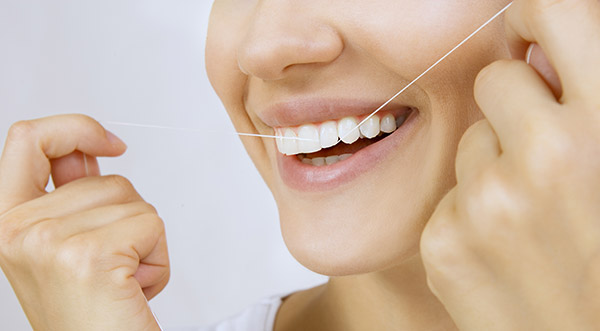If you need a dentist this Victorian Labour Day, Melbourne nib Dental Care Centre will be open to provide you with a full range of dental services, including dental emergencies.
Melbourne nib Dental Care Centre will be open on the following hours this Labour Day Weekend:
Saturday 12 March 2016 : 8.30am to 5.00pm
Sunday 13 March 2016 : CLOSED
Monday 14 March 2016 : 9.30am to 3.30pm
It’s easy to book an appointment online.



